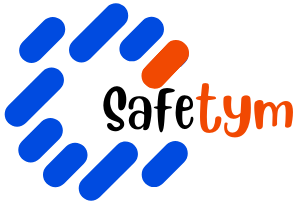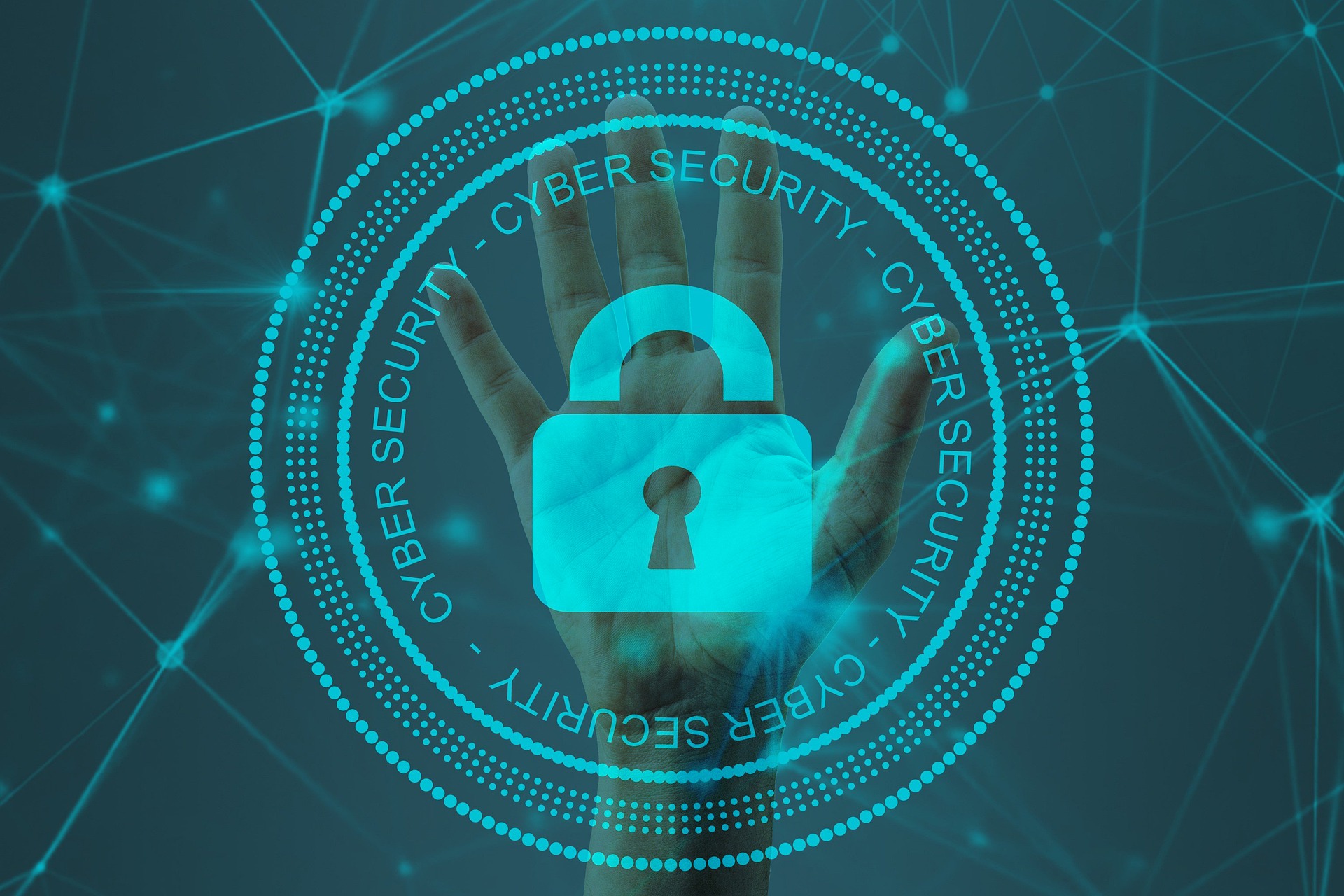In today’s digital age, children are spending more and more time online, making it increasingly important for parents to understand cybersecurity and how to protect their children from online threats.
Cybersecurity is the practice of protecting systems, networks, and programs from digital attacks, which can range from malware and phishing to social engineering and denial-of-service attacks.
Why is Cybersecurity Important for Kids?
Children are particularly vulnerable to cyberattacks because they may not be as aware of the risks involved in using the internet. They may be more likely to click on suspicious links, share personal information, or download malware. Cyberattacks can have a significant impact on children, including:
- Exposure to inappropriate content: Children may be exposed to inappropriate content, such as violence, pornography, or cyberbullying.
- Identity theft: Children’s personal information, such as their names, addresses, and Social Security numbers, could be stolen and used for fraudulent purposes.
- Financial losses: Children may be tricked into making online purchases or revealing their credit card information.
- Emotional distress: Cyberattacks can cause children to feel scared, anxious, or embarrassed.
How Can Parents Protect Their Kids Online?
There are a number of things parents can do to protect their kids from cyberattacks, including:
- Educate your children about cybersecurity: Talk to your children about the dangers of cyberattacks and how to protect themselves. Explain the importance of using strong passwords, not sharing personal information online, and being careful about what they click on.
- Set limits on screen time: Too much screen time can be harmful to children’s physical and mental health. Set limits on how much time your children can spend online and encourage them to engage in other activities, such as playing outside or reading.
- Use parental control software: Parental control software can help you monitor your children’s online activity, restrict access to certain websites, and set time limits for internet usage.
- Be a role model: Children learn by watching their parents, so it’s important to be a good role model when using technology. Use strong passwords, be careful about what you share online, and be respectful of others.
- Talk to your children about cyberbullying: Cyberbullying is a serious problem that can have devastating consequences for victims. Talk to your children about the signs of cyberbullying and make sure they know how to report it if they experience it.

What are the different types of cyberattacks?
There are many different types of cyberattacks, but some of the most common include:
- Malware: Malware is software that is designed to harm a computer system. It can include viruses, worms, Trojan horses, spyware, and ransomware.
- Phishing: Phishing is a technique used by cybercriminals to trick people into revealing their personal information, such as their passwords or credit card numbers.
- Social engineering: Social engineering is the use of deception to manipulate people into performing actions or divulging confidential information.
- Denial-of-service (DoS) attacks: DoS attacks are designed to overload a computer system or network with traffic, making it unavailable to legitimate users.
What are the benefits of cybersecurity?
Cybersecurity is essential for protecting our personal information, our businesses, and our infrastructure. It can help to prevent:
- Data breaches: Data breaches can expose sensitive information, such as financial records and medical records, to unauthorized parties.
- Financial losses: Cyberattacks can cause significant financial losses to businesses and individuals.
- Disruptions to critical infrastructure: Cyberattacks can disrupt critical infrastructure, such as power grids and transportation systems.
How can I protect myself from cyberattacks?
There are a number of things you can do to protect yourself from cyberattacks, including:
- Use strong passwords and change them regularly.
- Be careful about what you click on and what information you share online.
- Install and update antivirus and anti-malware software.
- Keep your operating system and software up to date.
- Back up your data regularly.




